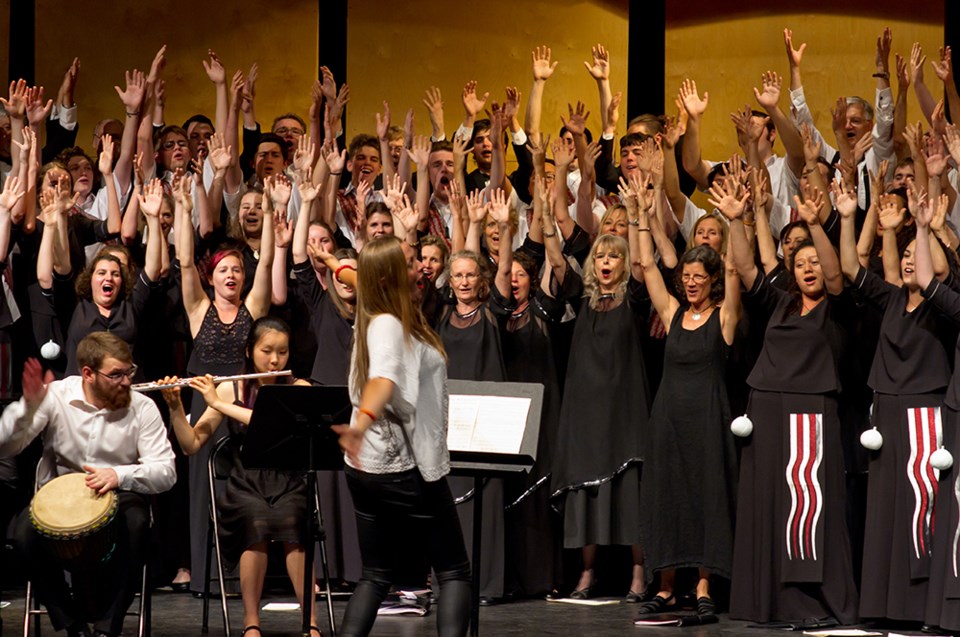Six out of 10 Canadians have volunteered at some point in their lives, typically either early or late in life.
Canadians between age 15 and 18 have the highest rate of volunteerism while those between 65 and 74 volunteer the most total hours.
61 per cent of Canadians who do not volunteer claim they are unable to make long-term commitments. Luckily, between social media and national efforts by groups such as Volunteer Canada, it is easier than ever to connect with organizations and people who need help in a way that fits any schedule.
This year, Volunteer Canada’s National Volunteer Week runs from April 27 to May 3. It is an annual effort to get the word out about how and where Canadians can volunteer to help their communities. The theme in 2025 is Volunteers Make Waves.
Like a wave, volunteering is movement building, according to Volunteer Canada: “Water is in constant motion, always flowing, shifting and transforming with every powerful wave or quiet ripple. And so is each volunteer’s contribution toward creating impact in our communities.”
Many Canadians think they cannot volunteer their time because, between family and work, they are not able to make additional commitments. One way Canadians who do not have a lot of time can become more involved is by micro-volunteering. This kind of volunteering is based on the idea of crowdsourcing.
Big projects are broken down into small pieces a large number of people can contribute to in small ways. These contributions are often done via computer or smartphone and may take only a couple of hours or even a few minutes of time.
Micro-volunteering is based on the notion that people are more likely to volunteer their time in short, convenient bursts. It refers to volunteer tasks that take no more than an hour or two to complete and can be done whenever they fit into the person’s schedule. Importantly, micro-volunteering doesn’t require an application, training process or any ongoing commitment.
The main benefit of micro-volunteering is that it’s flexible. This makes it a great option for those who have a busy schedule and would otherwise forgo volunteering because of a lack of time. And since the majority of micro-volunteering happens online, people can have an impact from virtually anywhere.
Although only 44 per cent of Canadians volunteer at any given time, 82 per cent do some kind of informal volunteering, which means helping their community outside of a formal volunteer organization.
Various activities come to mind related to volunteering: serving hot meals to people in need, cleaning up polluted beaches, donating time to events such as International Choral Kathaumixw and Pacific Region International Summer Music Association, or helping out with minor sports associations in the qathet region. Donating time to such causes can also have a significant impact on advancing a person’s career.
If decision-makers at a place of work know a worker is a volunteer coach during their spare time, they may be more inclined to offer them a new position.
Most jobs require at least some experience, and volunteer work can come to the rescue for recent graduates. Anyone who has donated time to special projects, humanitarian causes or cultural events during their studies might end up with an interview based on those experiences, and maybe even the job.
Volunteering is also a great way to expand a network of contacts. For instance, a volunteer member of an organization in charge of planning a charitable event regularly meets with people from all walks of life. Informal meetings might grow into a profitable partnership later on.
Volunteers obtain a sense of belonging from engaging with their community and expanding their social network, and a sense of meaning and purpose from their perception that they’re making a positive difference.
What do you have time for to make a difference in the community?
Join the Peak's email list for the top headlines right in your inbox Monday to Friday.



